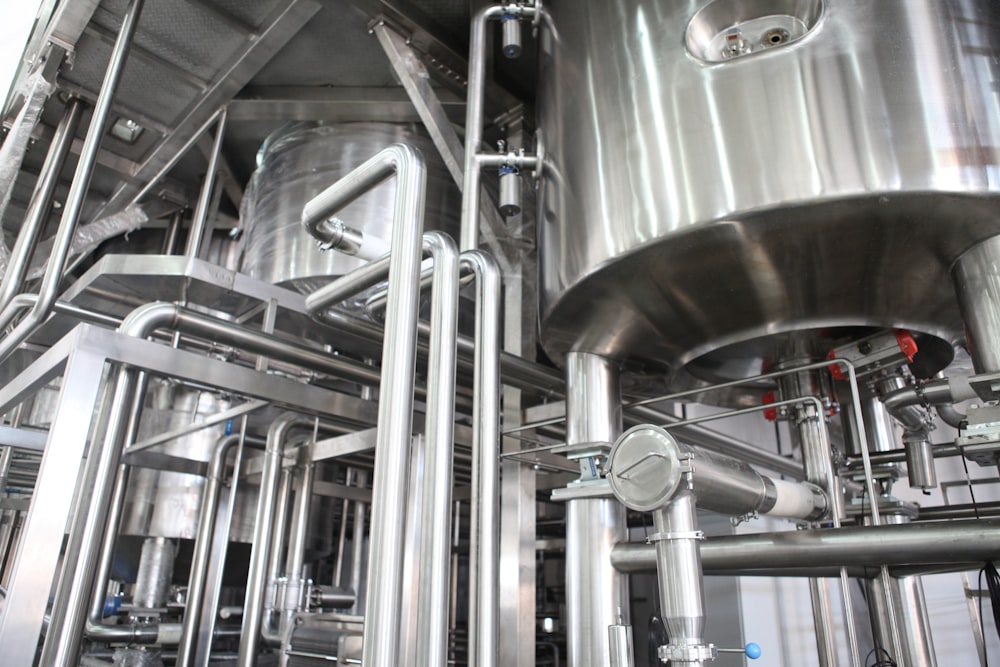
Optimizing Operations with Industrial Equipment Monitoring Systems
Optimizing Operations with Industrial Equipment Monitoring Systems
In the ever-evolving landscape of industrial operations, the role of monitoring systems for equipment has become a linchpin for efficiency and reliability. Let’s explore how Industrial Equipment Monitoring Systems are transforming the way industries operate.
Real-time Insights for Proactive Maintenance
Industrial equipment monitoring systems provide real-time insights into the performance of machinery. By continuously collecting and analyzing data, these systems enable proactive maintenance. Predictive analytics can forecast potential issues, allowing industries to address them before they escalate into costly breakdowns. This shift from reactive to proactive maintenance is a game-changer in ensuring uninterrupted operations.
Precision Monitoring through IoT Integration
At the heart of industrial equipment monitoring systems lies the integration of Internet of Things (IoT) technology. Sensors embedded in machinery collect a wealth of data on parameters such as temperature, vibration, and energy consumption. This data is then transmitted in real-time, offering a comprehensive view of equipment health. The precision afforded by IoT integration enhances decision-making and fosters a more data-driven approach to maintenance.
Enhancing Safety Measures
Beyond performance metrics, industrial equipment monitoring systems contribute significantly to safety measures. By monitoring equipment conditions, these systems can detect abnormalities that may pose safety risks. This early detection allows for timely interventions, reducing the likelihood of accidents and ensuring a safer working environment for employees.
Streamlining Production Planning
Efficient production planning is a cornerstone of industrial success. Industrial equipment monitoring systems provide valuable data on equipment utilization and efficiency. This information is instrumental in optimizing production schedules, ensuring that resources are allocated effectively, and production targets are met. The result is a more streamlined and agile production process.
Minimizing Downtime for Increased Productivity
Downtime is the bane of industrial productivity. Industrial equipment monitoring systems play a pivotal role in minimizing downtime by identifying potential issues in advance. Timely maintenance interventions mean less unplanned downtime, leading to increased overall productivity. The ability to keep machinery running smoothly translates directly into a competitive edge for industries.
Cost-Efficiency through Data-Driven Decision Making
Making informed decisions is a hallmark of successful industrial management. Industrial equipment monitoring systems empower decision-makers with accurate and timely data. Whether it’s optimizing maintenance schedules, identifying energy-efficient practices, or making strategic equipment investments, the data-driven approach facilitated by these systems contributes to cost-efficiency and improved financial outcomes.
Remote Monitoring for Global Operations
In an era of globalized industries, the ability to monitor equipment remotely is a game-changer. Industrial equipment monitoring systems, equipped with remote monitoring capabilities, allow industries to oversee operations from anywhere in the world. This not only enhances operational efficiency but also facilitates a more agile response to challenges, regardless of geographical distances.
Customized Solutions for Varied Needs
Industries are diverse, and their equipment needs vary. Industrial equipment monitoring systems offer customized solutions to meet these varied needs. Whether it’s a small-scale operation or a large-scale manufacturing facility, the adaptability of monitoring systems ensures that they can be tailored to specific requirements, optimizing their effectiveness.
Sustainability through Energy Monitoring
Sustainability is a growing










